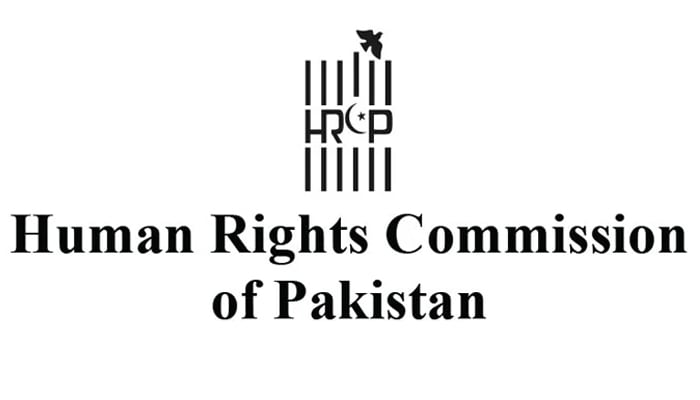Lahore, 22 October 2024:
The Human Rights Commission of Pakistan (HRCP) has voiced serious concerns over the recently passed Constitution (Twenty-Sixth Amendment) Act 2024. The law, which was enacted on 21 October, has sparked worries about its potential impact on judicial independence, despite being less contentious than earlier versions.
The HRCP has highlighted key issues regarding the establishment and composition of constitutional benches, expressing fears that these could be susceptible to political interference. The organization has warned that the credibility of these benches may be compromised, raising broader concerns about judicial independence.
Another major issue raised by the HRCP relates to the composition of the special parliamentary committee responsible for nominating the Chief Justice of Pakistan. The committee, which includes members of both the Senate and the National Assembly based on proportional representation, could give the ruling government undue influence, which the HRCP argues violates Pakistan’s commitments under Article 14 of the International Covenant on Civil and Political Rights (ICCPR).
However, the HRCP did not oppose all aspects of the amendment. It welcomed the modification of Article 184(3), which now limits constitutional benches from exercising suo moto jurisdiction, and praised the introduction of Article 9A, which enshrines the right to a clean, healthy, and sustainable environment as a fundamental right. The HRCP emphasized the importance of promptly implementing this provision.
In addition to legal concerns, the HRCP also addressed the political opposition’s allegations of coercion during the passage of the amendment, urging those involved to take these claims seriously. The group called for thorough public debate on such significant legislative changes, emphasizing that the lack of a single, official version of the bill for public scrutiny raises doubts about the legitimacy of the amendment’s intent.
Asad Iqbal Butt, Chairperson of HRCP, reiterated the importance of addressing these issues in the broader interest of safeguarding democratic processes and judicial independence in Pakistan.


